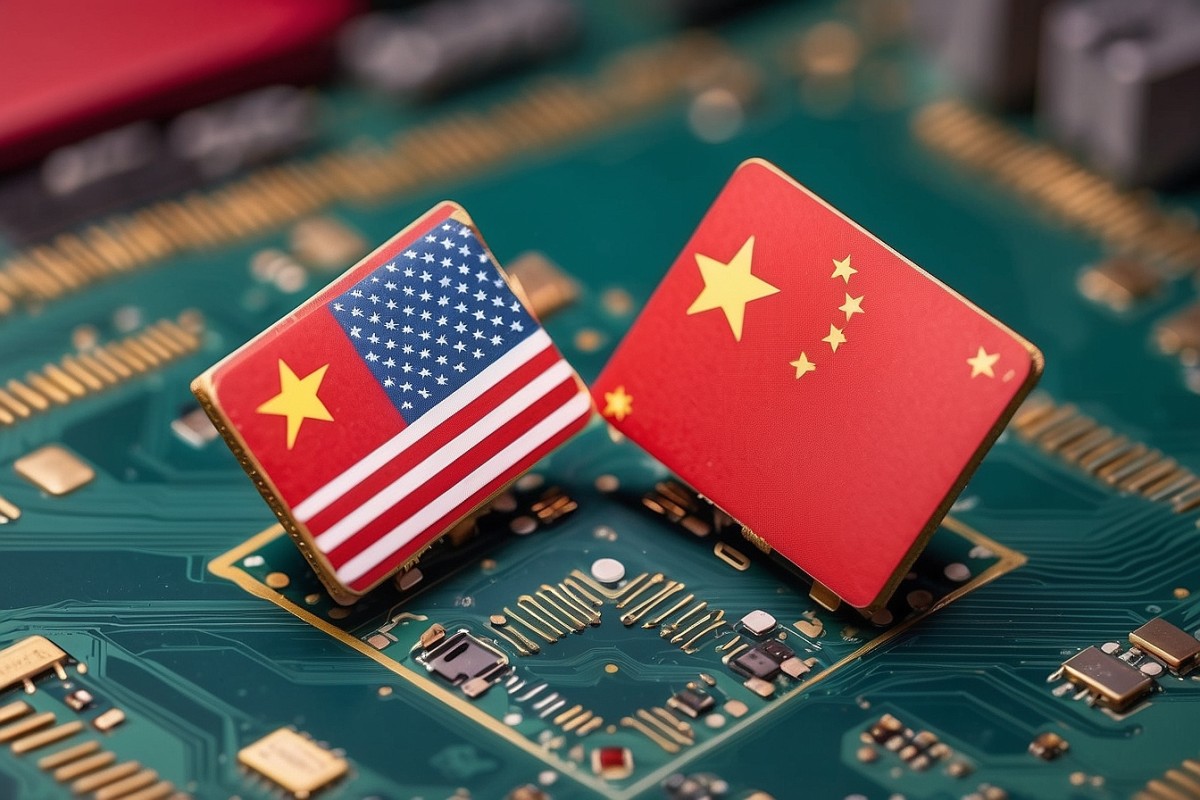In a strategic move to bolster its artificial intelligence (AI) sector, China has unveiled a groundbreaking initiative to support its domestic AI startups.
The country’s government has announced the provision of “computing vouchers” to assist these burgeoning enterprises in navigating the challenges posed by stringent chip restrictions imposed by the United States.
This move underscores China’s commitment to fostering innovation and resilience within its AI ecosystem.
Government initiative to aid AI startups
Chinese authorities have taken proactive measures to alleviate the pressures faced by AI startups grappling with a shortage of essential chips due to U.S. restrictions. At least 17 city governments, including Shanghai, have pledged to offer “computing vouchers” to help these companies mitigate the escalating costs associated with data center operations.
Valued between $140,000 and $280,000, these vouchers are intended to facilitate the training and operation of large language models (LLMs) crucial for AI development.
Addressing chip shortages and rising costs
The initiative comes in response to mounting challenges experienced by Chinese internet companies reliant on cloud computing services. Stricter U.S. controls have prompted these companies to cancel contracts, leading to a scarcity of AI processors and necessitating the reservation of resources for internal use and priority clients.
The Biden administration’s tightening of semiconductor exports to China has exacerbated these challenges, compelling companies to resort to alternative measures such as repurposing gaming chips from companies like Nvidia or turning to the black market.
While the “computing vouchers” aim to alleviate the financial burden on AI startups, analysts caution that they may not fully resolve the underlying issue of chip scarcity. Beijing reportedly plans to introduce a subsidy program targeting AI groups utilizing domestic chips to complement this initiative.
Moreover, China is actively constructing an alternative to Big Tech’s dominance in data centers and cloud services by establishing a network of state-run data centers and online platforms over the past year.
Significance amidst potential restrictions
China’s decision to support its AI startups assumes critical importance against looming threats of further restrictions on semiconductor exports from the U.S. and the Netherlands. Such measures could exacerbate the chip shortage, underscoring the urgency for China to fortify its domestic AI industry.
Despite these challenges, Chinese AI startups are making notable strides globally. Notably, 01.AI, an emerging player in the AI landscape, recently secured $200 million in funding from Alibaba and other investors. This substantial investment has propelled 01.AI to the forefront of AI innovation, underscoring the burgeoning potential of Chinese AI startups in the international arena.





